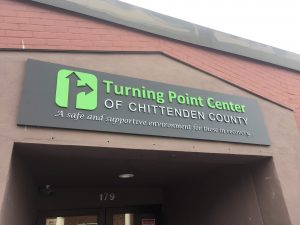By the time I quit drinking, I was pretty much married to alcohol.

I thought of myself as healthy — a runner and biker. But, I was losing my ability to focus at work, spending more time planning my drinking. My relationships with people I loved and who loved me were deteriorating, either from neglect or distress. I had no tolerance for making plans, paying bills made me nervous, and discussing anything difficult was out of the question. I snuck drinks before going to social events and finished off after we got back home.
My spouse had tried repeatedly to get me to change, but I was self-protective and threatened. Finally, though (and slowly), I got scared. Something in me sounded an alarm. I could lose my job, my love, my home. I started seeing a counselor.
It took a while to get to my relationship with alcohol, and when I finally did, I had moved from daily drinking to binge drinking – trying to control by abstaining, and then having a blowout intermittently. It wasn’t pretty and it wasn’t fun.

Since that beginning, I’ve had a few ups and downs, but the coaches and peers at the Turning Point are steady presence, always available with encouragement and a good ear, an easy smile.
I’m a slow learner, and no one could get me to seek help until I was ready. But, if I hadn’t asked for help, I know I would have done many more dangerous things, and could very well be dead, in jail, or really sick today. Instead, I’m healthy, I have friends, I do good work, I pay the bills, and I have energy for fun and projects. I don’t take my recovery lightly. I stay in touch with a coach to keep me focused, and with friends. I try to help others.
It’s why we’re here – just to be here when you get ready. I hope we get to talk with you soon.

